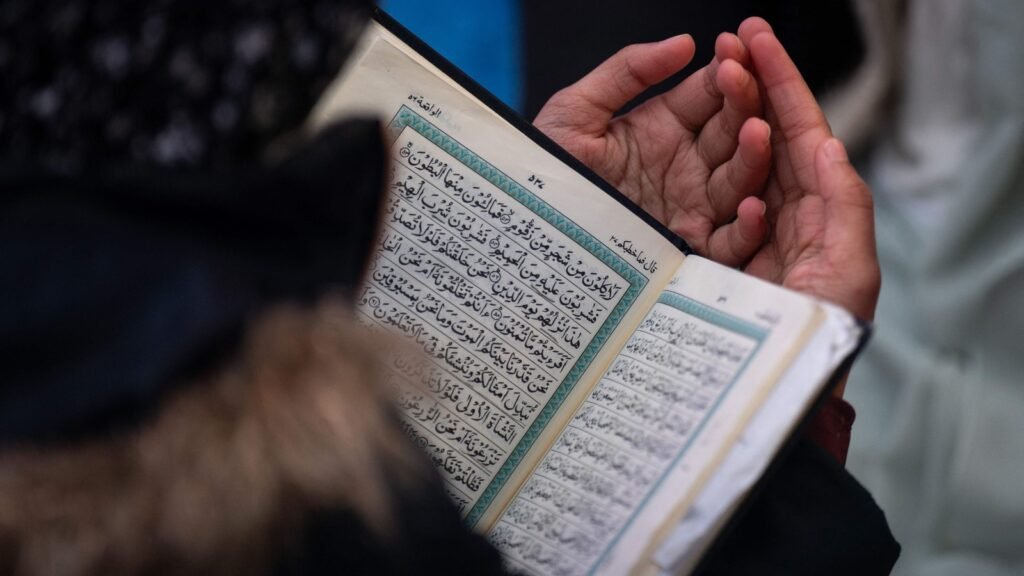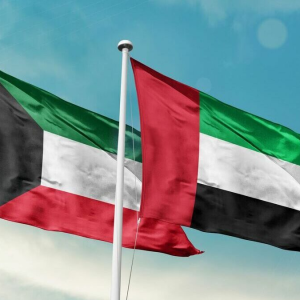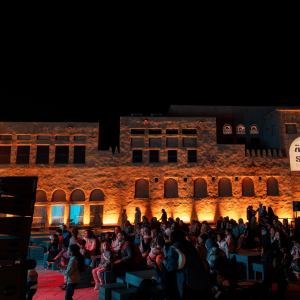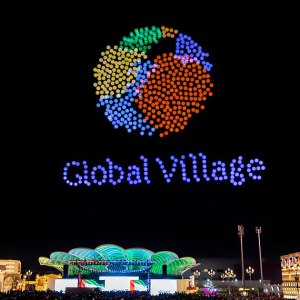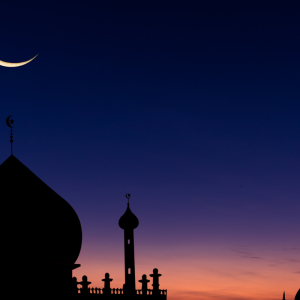As the holiest month in the Islamic calendar, Ramadan holds a profound place in the hearts of Muslims around the world. In the United Arab Emirates (UAE), Ramadan is more than a time of fasting—it is a deeply spiritual, cultural, and communal experience. For the year 2025, the sacred month began on Saturday, March 1, following the official sighting of the crescent moon on Friday evening, February 28. The announcement, made by the UAE Moon-Sighting Committee, confirmed the start of Ramadan for Abu Dhabi, Dubai, Sharjah, and other cities across the seven emirates.
How Ramadan is Determined in the Islamic Calendar
Unlike the Gregorian calendar, which is solar-based, the Islamic calendar follows a lunar cycle. Each Islamic month begins with the sighting of the new crescent moon (hilal). The process of moon sighting carries religious significance and has traditionally been performed by trained observers who look for the moon just after sunset on the 29th day of the preceding month, in this case, Sha’ban.
In 2025, astronomers and Islamic scholars in the UAE predicted that the moon would be visible on February 28. Their forecasts were confirmed when the crescent moon was indeed spotted across various observation points throughout the country, including Jebel Jais, Jebel Hafeet, Al Khatem Astronomical Observatory, and the Dubai Astronomy Group’s facilities. This synchronized sighting with other countries in the region—including Saudi Arabia, Bahrain, Qatar, Kuwait, and Oman—meant that Ramadan began simultaneously across much of the Arab world.

A Modern Take on an Ancient Practice
This year’s moon-sighting efforts in the UAE exemplified how modern technology and tradition coexist. Authorities employed AI-powered drones and advanced telescopic systems to enhance the accuracy and reliability of the crescent detection. Despite these technological advancements, the final announcement was made by the Moon-Sighting Committee, a body consisting of scholars, astronomers, and government representatives.
Chairman of the Emirates Astronomical Society, Ibrahim Al Jarwan, played a key role in aligning astronomical data with religious considerations. His predictions, alongside input from regional astronomical centers, helped prepare the public in advance for the likely start date of Ramadan, allowing families and businesses to plan accordingly.

Fasting Begins: Suhoor to Iftar Across the Emirates
With the moon sighted, Muslims across the UAE began fasting from Saturday, March 1. Fasting (sawm) during Ramadan is one of the five pillars of Islam and requires abstaining from food, drink, smoking, and other physical needs from dawn (fajr) until sunset (maghrib).
The day begins with suhoor, a pre-dawn meal that is often light but nourishing—consisting of foods like dates, yogurt, eggs, and flatbreads. As the sun rises, fasting commences and is observed until sunset. At iftar, the fast is broken—traditionally with dates and water, followed by a full meal shared among family or in larger community gatherings.
In cities like Dubai and Abu Dhabi, restaurants and hotels adjust their hours and offerings to provide suhoor and iftar meals. Many five-star hotels and cultural centers organize grand iftar buffets featuring Emirati, Levantine, and international cuisine, reflecting the UAE’s multicultural demographic.
Ramadan in UAE: A Month of Reflection, Worship, and Generosity
The essence of Ramadan goes beyond physical fasting—it is a time of spiritual renewal, self-discipline, increased worship, and charitable deeds. Mosques across the UAE witness increased attendance, especially during the Taraweehprayers held each night after the isha prayer. Many mosques also host Qiyam-ul-Layl, late-night prayers during the final ten nights of the month, as Muslims seek closeness to God and the blessings of Laylat al-Qadr (the Night of Power), believed to fall on one of the odd nights of the last ten days.
Throughout the holy month, charitable giving surges across the UAE. Public and private organizations, along with individuals, distribute food baskets, sponsor iftar tents, and provide financial assistance to those in need. The government also encourages Zakat (obligatory almsgiving) and promotes campaigns aligned with the principles of social cohesion and compassion.
Adjustments to Daily Life
Ramadan also brings changes to daily life across the UAE. The government implements shorter working hours for both the public and private sectors. In most cases, employees work two hours less than the usual schedule, regardless of whether they are fasting. Educational institutions also make accommodations to align with students’ needs during the fasting period.
Malls, supermarkets, and entertainment venues adjust their operating hours to cater to post-iftar visitors. The nightlife in cities like Dubai and Abu Dhabi becomes vibrant during Ramadan, with families heading out to Ramadan markets, majlis setups, and cultural events that celebrate local and Islamic heritage.
Harmony in Diversity
What makes Ramadan in the UAE unique is how it is observed harmoniously across a multicultural society. The country is home to over 200 nationalities, and while Muslims observe the fast, non-Muslims are respectful and mindful of the customs. In most public places, eating, drinking, or smoking in daylight hours is avoided out of cultural sensitivity.
Over the years, Ramadan has become a learning opportunity for people of all backgrounds to understand Islamic values and practices. Many companies and schools organize iftars and awareness sessions to foster community spirit and interfaith dialogue.
Anticipating Eid al-Fitr
The culmination of Ramadan is marked by Eid al-Fitr, a celebration that begins with the sighting of the next crescent moon—this time marking the start of Shawwal, the tenth month in the Islamic calendar. For 2025, the 29th day of Ramadan fell on Saturday, March 29, and the moon-sighting committee reconvened that evening to determine whether the following day would be Eid or the final fasting day.
If the crescent moon was sighted on March 29, then Eid al-Fitr would have been celebrated on Sunday, March 30; if not, Ramadan would have lasted 30 days, pushing Eid to Monday, March 31. This is consistent with Islamic tradition, which ensures that Ramadan lasts for either 29 or 30 days, depending on lunar visibility.
Eid al-Fitr is a day of joy and gratitude, marked by communal prayers at mosques and open grounds, festive meals, and gift-giving. In the UAE, it is a public holiday celebrated with fireworks, cultural events, shopping festivals, and family gatherings. It also marks the exchange of the traditional greeting “Eid Mubarak” among friends and strangers alike.
Ramadan 2025: Unity in Faith and Progress
The observance of Ramadan in 2025 reaffirmed the UAE’s remarkable ability to blend tradition with modernity. From using AI to enhance moon sightings to facilitating mass iftars and promoting inclusive awareness campaigns, the UAE continues to elevate the Ramadan experience for all residents.
As families gathered in homes, communities came together in prayer, and individuals paused for reflection, Ramadan once again proved to be more than a ritual—it was a unifying force. Across Abu Dhabi, Dubai, Sharjah, and beyond, the spirit of generosity, discipline, and faith was evident in every aspect of life.
As the nation now looks ahead to Ramadan 2026, the echoes of this sacred month continue to resonate—a reminder of the values that hold society together, even in a rapidly modernizing world.
Do follow Uae stories for more Updates
Read More: GCC Pulse: Cultural Renaissance and Innovation Unfold Across the Gulf

